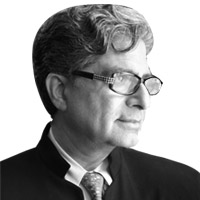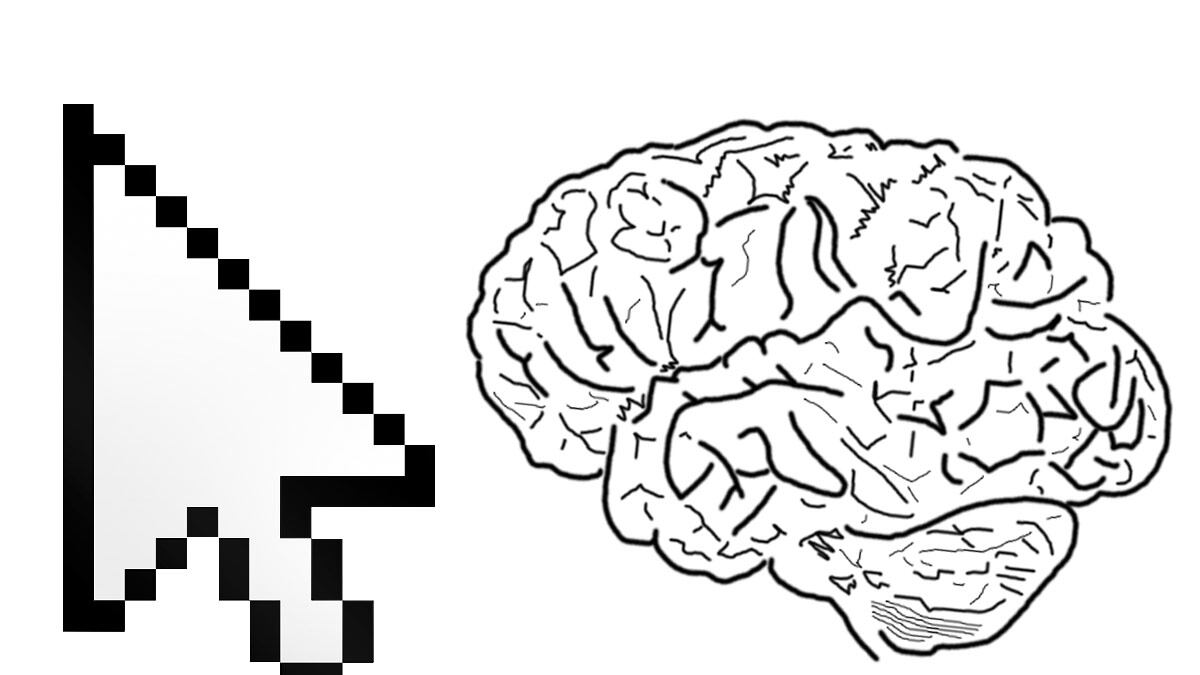
There’s a fascinating connection between the social network and where the human brain is going. For a long time, neuroscience held a wrong belief—several, actually—about the brain. The number of brain cells we have was seen as a fixed number that declined over time. No one realized that stem cells in the brain can renew lost neurons at any time of life. But the most exciting discovery was that everyday experience rewires the brain.
Even though it looks like a thing, your brain is a process. It is always in a state of dynamic flux. New connections and new cells are being born, and as the rewiring occurs, something astonishing happens. Your personal reality changes. The brain processes reality, and when new pathways are formed, the world becomes different.
We are witnessing a global test of this thesis in the Middle East. The future there seems to be a race between the mullahs and the iPad, between sermons in the mosque and tweets on a smartphone. After the Bush administration’s disastrous invasion of Iraq, the number of cellphones in that country exploded, even amid social collapse. Young people desperate to be part of the wider world started expressing their yearning through social networks. Tweets and texts were critical during the Arab Spring, especially in getting large numbers of protesters to gather in Cairo’s Tahrir Square.
When the moderate, progressive elements in Egypt lost to the Muslim Brotherhood, it seemed like a huge setback for social networks and a massive victory for the mullahs. Yet the long view is far more hopeful. Millions of tweets, texts, emails, and phone calls have one thing in common: they are neural signals in the global brain. A cabdriver talking all day on his cellphone in Manhattan is weaving himself into the society back home, and the more he communicates, the stronger the neural pathway he is creating.
Silent opposition brought down the Berlin Wall because consciousness, although invisible, is incredibly powerful. Social networks have the capacity to swiftly alter the global brain. On the surface, most tweets are small passing events. But stand back a bit, and you see that a new identity is being formed, a global “we” that anyone can participate in. This newly shaped global brain can topple the traditional barriers of religion, tribalism, nationalism, and political oppression.
Before the social network, think of what it took to escape the mindset of a repressed culture. You had to physically move away, plant yourself in a foreign country, and probably continue to fear for your relatives stuck back home. Now, in the darkest hours of Syrian resistance, as in Libya, Tunisia, and Egypt, anyone can send and receive messages from the global brain. As this stream of messages continues, it reshapes the individual brain, too.
What I’m saying isn’t mystical or hypothetical. The destiny of the whole planet depends on reaching beyond the narrow interests of rich nations and multinational corporations. A community of humanity needs to be formed. It’s completely possible for that to happen. In fragile, hopeful ways, it already has.






